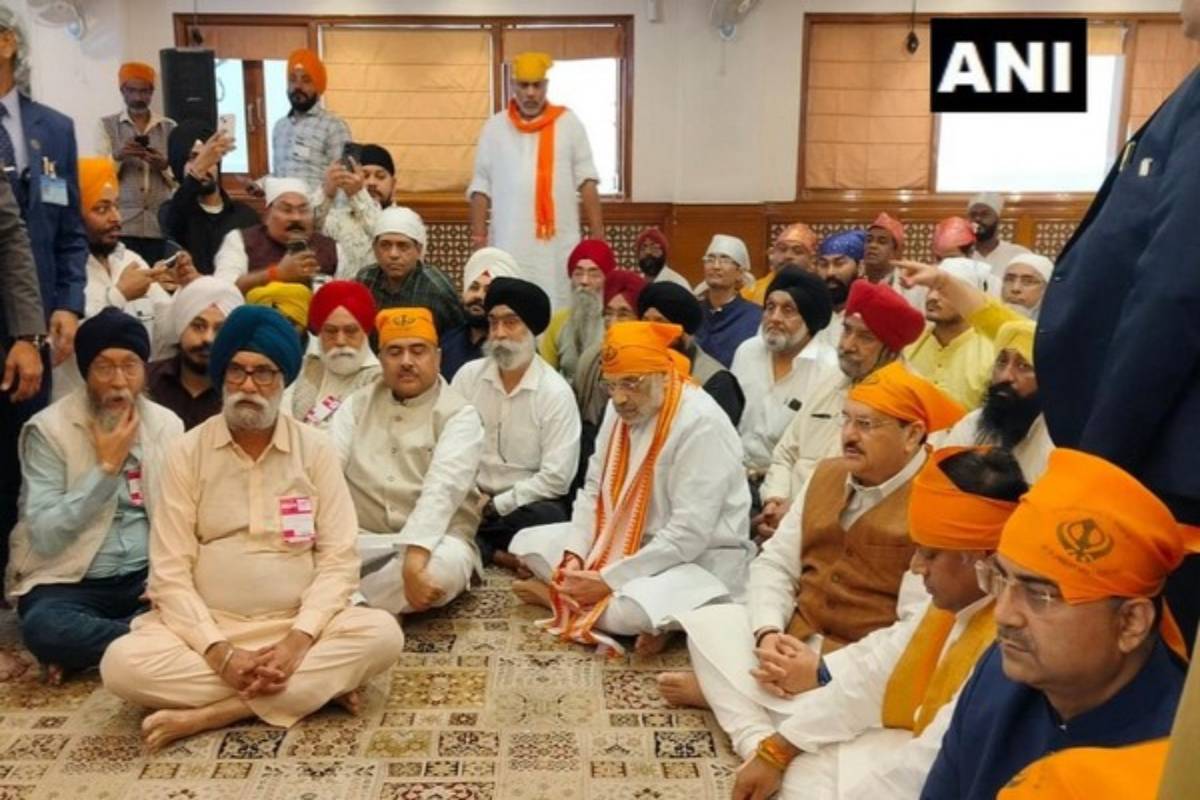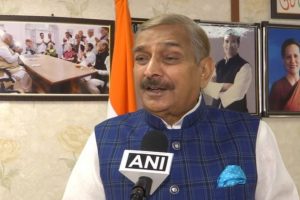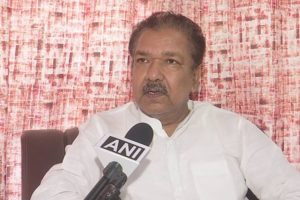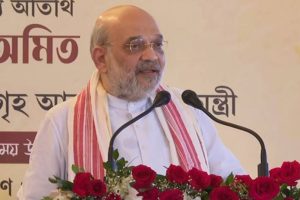Union Home Minister Amit Shah along with Bharatiya Janta Party national president JP Nadda visited and offered prayers at Gurudwara Bara Sikh Sangat in Kolkata on the occasion of Veer Baal Diwas.
Earlier in the day, Prime Minister Narendra Modi attended a programme marking ‘Veer Baal Diwas’ at the state-of-the-art Bharat Mandapam in the national capital on Tuesday, further advancing his idea of ‘Sabka Saath’.
Later in the day, Prime Minister Modi is scheduled to flag off a youth march to mark ‘Veer Baal Diwas’.
On the day of the Prakash Purab of Sri Guru Gobind Singh Ji, on January 9, 2022, Prime Minister Modi announced that December 26 would be marked every year as ‘Veer Bal Diwas’, to mark the martyrdom of his sons Sahibzadas Baba Zorawar Singh Ji and Baba Fateh Singh Ji.
The day also marks the birth anniversary of Udham Singh, a great revolutionary, who avenged the Jallianwala Bagh massacre, Amritsar on Baisakhi in 1919 by killing General O’Dwyer, who ordered his forces to open fire on peaceful protesters, in March 1940. Shaheed Udham Singh was later hanged by the British in London.
Born on December 26, 899, at Sunam in Punjab, Udham Singh was known as Sher Singh as a child. The Jallianwala Bagh massacre on April 13, 1919, left a life-long impact on Udham Singh.
The people who had gathered to celebrate Baisakhi at Armitsar’s Jallianwala Bagh were fired upon by General Dwyer, who blocked off the main entrance and ordered his troops to open fire on the crowd.
The British officer was scheduled to give a speech at Caxton Hall in London on March 13, 1940. Uddham Singh hid a revolver in a book, entered the hall and shot O’Dwyer. He was formally charged with the murder on April 1, 1940. While in custody, he called himself “Ram Mohammad Singh Azad.” He was hanged in London on July 31, 1940.





